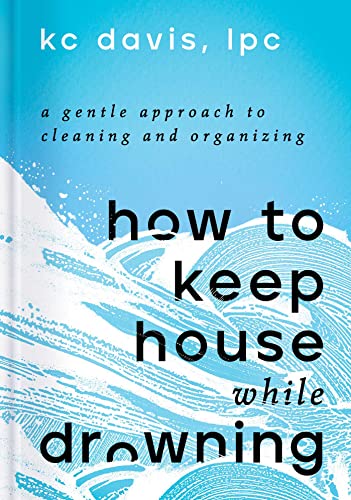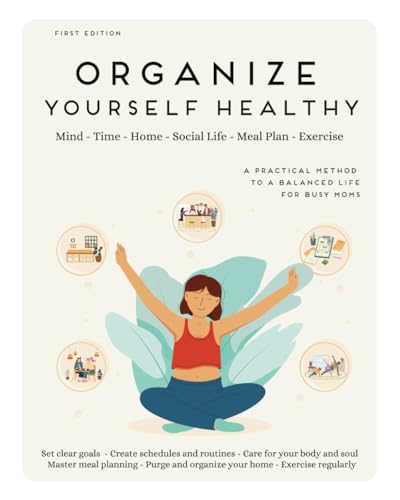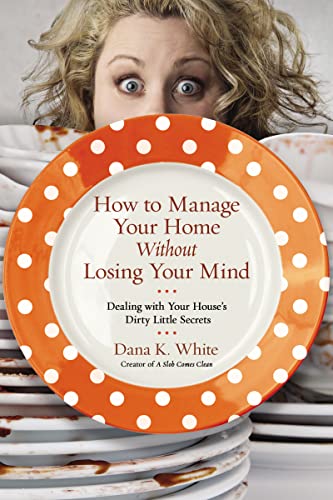Stress Cleaning — Why It Happens and How to Make It Work for You
Stress and cleaning have an intrinsic relationship, but with a healthier approach, you can get a grip on this everyday household chore
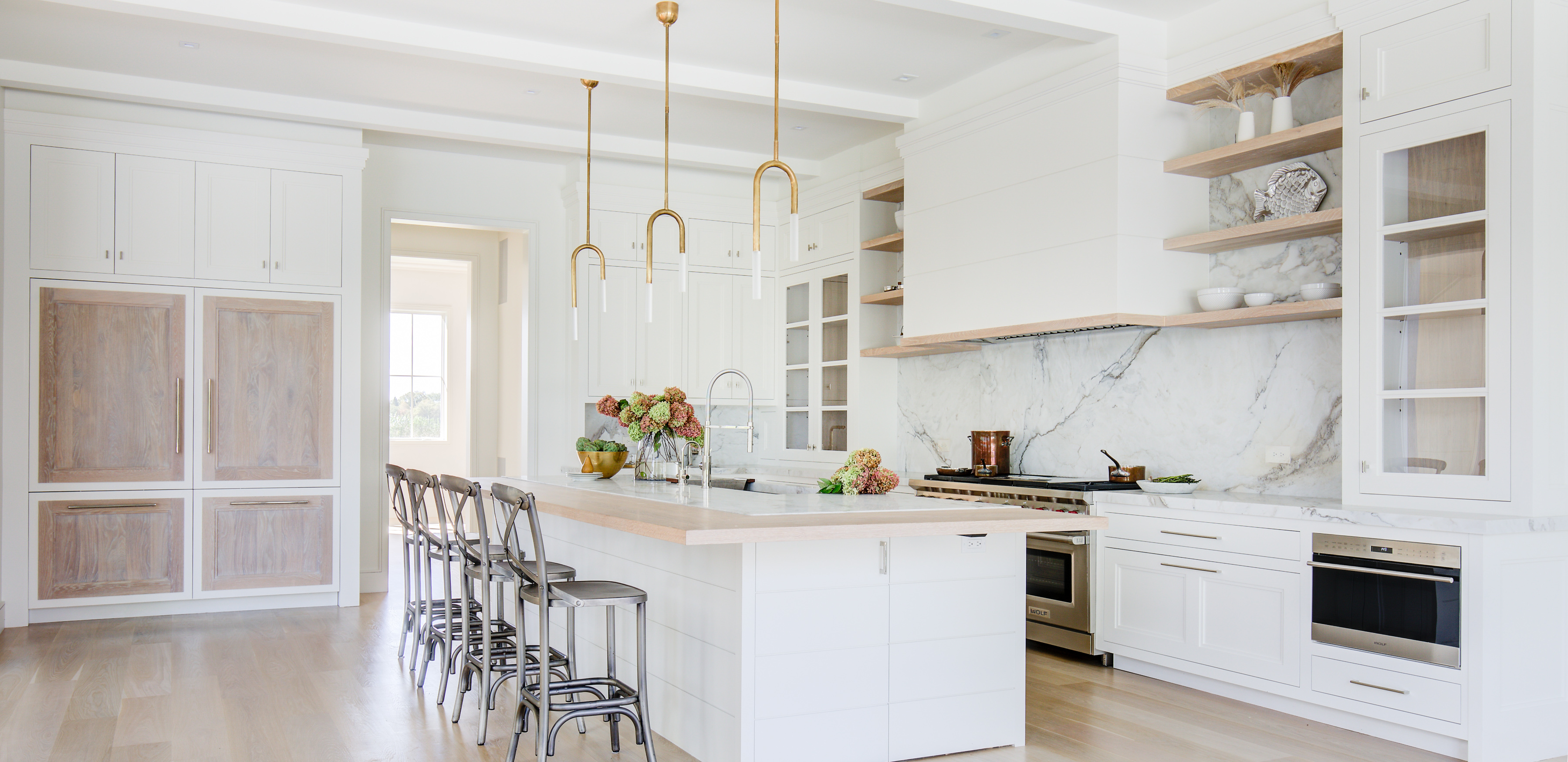

Stress and cleaning go hand in hand. An untidy, cluttered home plays a huge factor in how stressed we feel. On the flip side, an intense round of cleaning can work wonders at easing overwhelm. It's the latter of these that's often referred to as "stress cleaning," and it's a pretty ubiquitous habit.
If you're the type of person to turn on the vacuum or start reorganizing shelves when stress sets in, you're not alone. For many of us, cleaning is a coping mechanism to help us feel like we're gaining control of our lives (usually when we feel it slipping away elsewhere).
What's so bad about stress cleaning, then? Well, while it's not an unhealthy habit as such, it usually signals a larger problem that needs addressing. As productive as it is, especially as a pre-holiday cleaning method, stress cleaning can quickly spiral out of control. The key, say experts, is to set boundaries and learn how to manage your stress response. Here's how.
What is stress cleaning?

Stress cleaning is, quite simply, the act of cleaning when stressed (and, by virtue, it's typically done in a frantic or obsessive manner). It's a common habit we adopt when feeling overwhelmed, and it has some science behind it, too. The short-term dopamine hit we get from a sparking kitchen or from cleaning a carpet counteracts the anxiety and stress we felt beforehand, offering a moment of calm afterward.
"For many people, it acts as a coping mechanism, providing a sense of control when life feels chaotic," explains Di Ter Avest, owner of Di is Organized and author of Organize Yourself Healthy, available at Amazon. "There's something soothing about scrubbing away dirt or organizing a messy drawer — it creates a tangible sense of accomplishment in times of uncertainty."
Di believes that people turn to stress cleaning because it allows them to focus on something productive instead of their worries. "It gives them a mental break and even offers clarity to process their emotions," she says. If you find it becoming a frequent habit, however, or you can't cope with cleaning unless triggered by stress, it can become a problem.
How to avoid stress cleaning
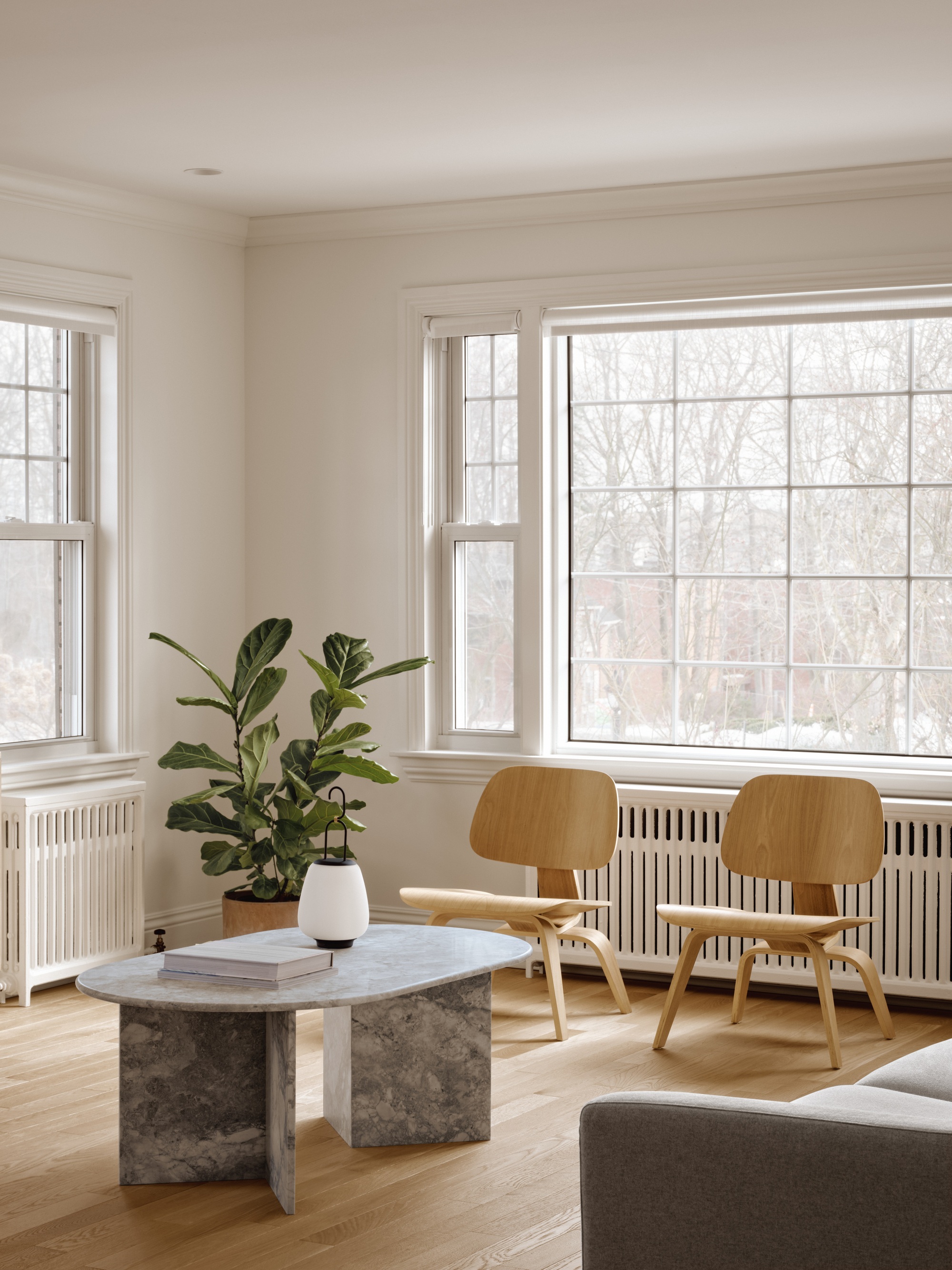
"Cleaning can be very satisfying and you do get a hit when it’s done and everything looks and smells great," explains Charlotte Figg, cleaning expert and co-founder of natural cleaning brand, Purdy & Figg. But, while it might benefit your space and make your home feel calm, stress cleaning isn't all positive.
"If cleaning is your go-to response for avoiding confrontation, decision-making, or self-reflection, it's time to pause and reconsider," Di explains. To avoid stress cleaning, she suggests setting boundaries for your cleaning sessions. "Give yourself a 20-minute timer or limit your focus to one small area," says Di. "Pairing cleaning with mindfulness — such as reflecting on your emotions as you clean — can also make it a healthier practice."
If you notice stress responses in your body and feel the dreaded anxiety bubbling up, taking yourself out of the house is also a simple solution. Finding time for a gentle walk in the fresh air can do you the world of good, and spending time in nature is proven to improve our mental health.
How do I clean productively without getting stressed?
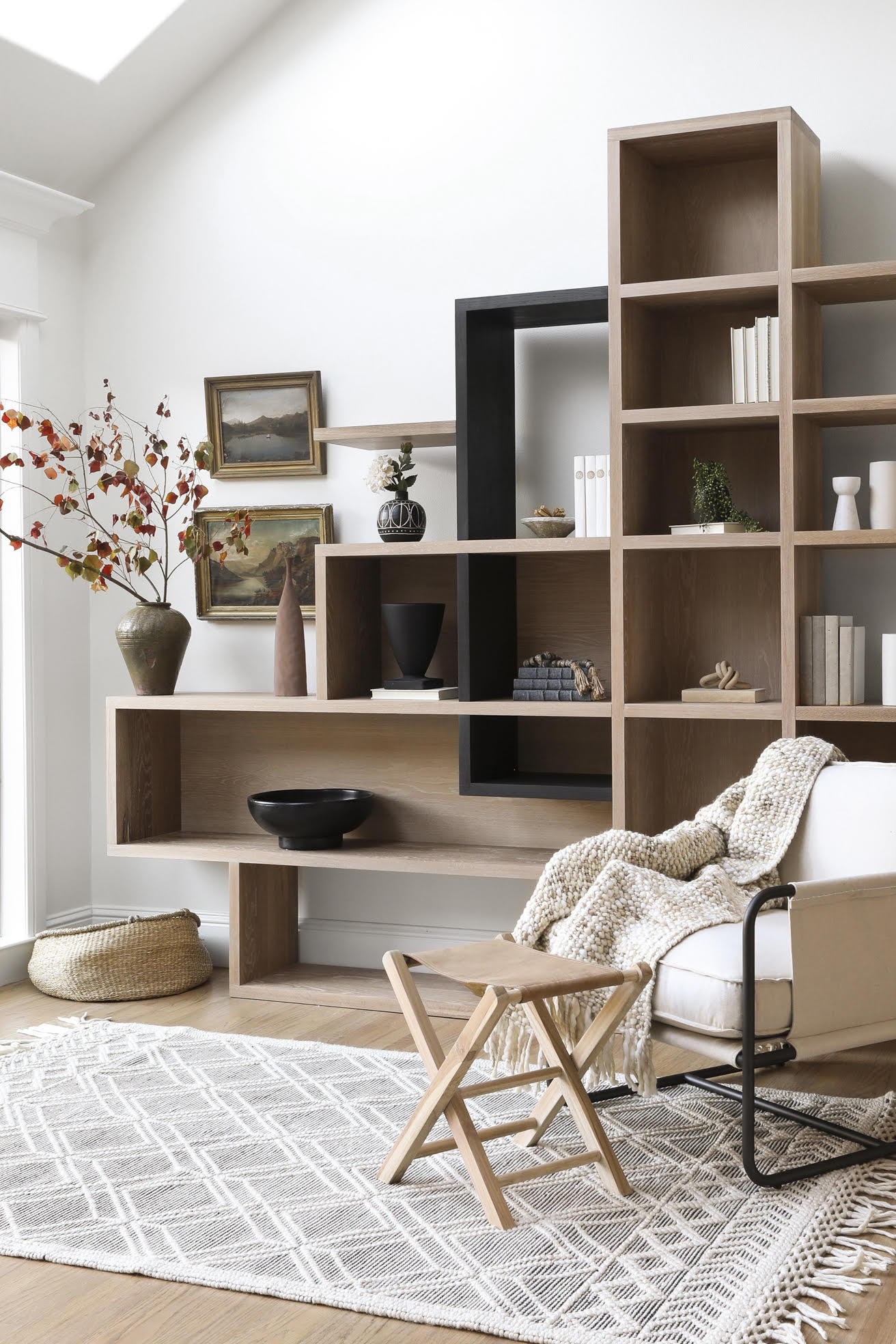
The relationship between stress and cleaning is two-fold. Stress cleaning is a common habit, but, sometimes, the act of cleaning itself can lead us to feel overwhelmed. If you want to be able to clean productively while minimizing stress, it's important to make your view of cleaning a positive one.
"The hard part for many is getting down to it, so you’ve got to remove the barriers," says Purdy Rubin, Purdy & Figg's other co-founder. This might be as simple as investing in some designer-approved cleaning products to encourage you to clean, or just blocking out time in your diary for a thorough session. "We promote a slow, mindful approach to cleaning, with natural products scented with essential oils for a touch of luxury," says Purdy. "We want to bring ease and enjoyment to the everyday task of caring for the home."
Similar to decluttering when you're overwhelmed, it's also a good idea to break your cleaning tasks into more manageable chunks, rather than tackling the whole home at once.
"Focus on small, purposeful cleaning tasks and use the process as a way to reset rather than escape," Di advises. "Wiping down counters, shining sinks, or cleaning out the fridge can be oddly rewarding and help you feel like you've regained control of your environment." These small tasks can give you instant gratification, and it also helps you stay on top of problem areas within the home.
By adopting some mindful habits and changing your outlook on this must-do chore, you can break the cycle between your cleaning and stress for good.
Be The First To Know
The Livingetc newsletters are your inside source for what’s shaping interiors now - and what’s next. Discover trend forecasts, smart style ideas, and curated shopping inspiration that brings design to life. Subscribe today and stay ahead of the curve.

Lilith Hudson is a freelance writer and regular contributor to Livingetc. She holds an MA in Magazine Journalism from City, University of London, and has written for various titles including Homes & Gardens, House Beautiful, Advnture, the Saturday Times Magazine, Evening Standard, DJ Mag, Metro, and The Simple Things Magazine.
Prior to going freelance, Lilith was the News and Trends Editor at Livingetc. It was a role that helped her develop a keen eye for spotting all the latest micro-trends, interior hacks, and viral decor must-haves you need in your home. With a constant ear to the ground on the design scene, she's ahead of the curve when it comes to the latest color that's sweeping interiors or the hot new style to decorate our homes.
-
 The 'New British' Style? This Victorian London Home Embraces Its Owners' Global Background
The 'New British' Style? This Victorian London Home Embraces Its Owners' Global BackgroundWarm timber details, confident color pops, and an uninterrupted connection to the garden are the hallmarks of this relaxed yet design-forward family home
By Emma J Page
-
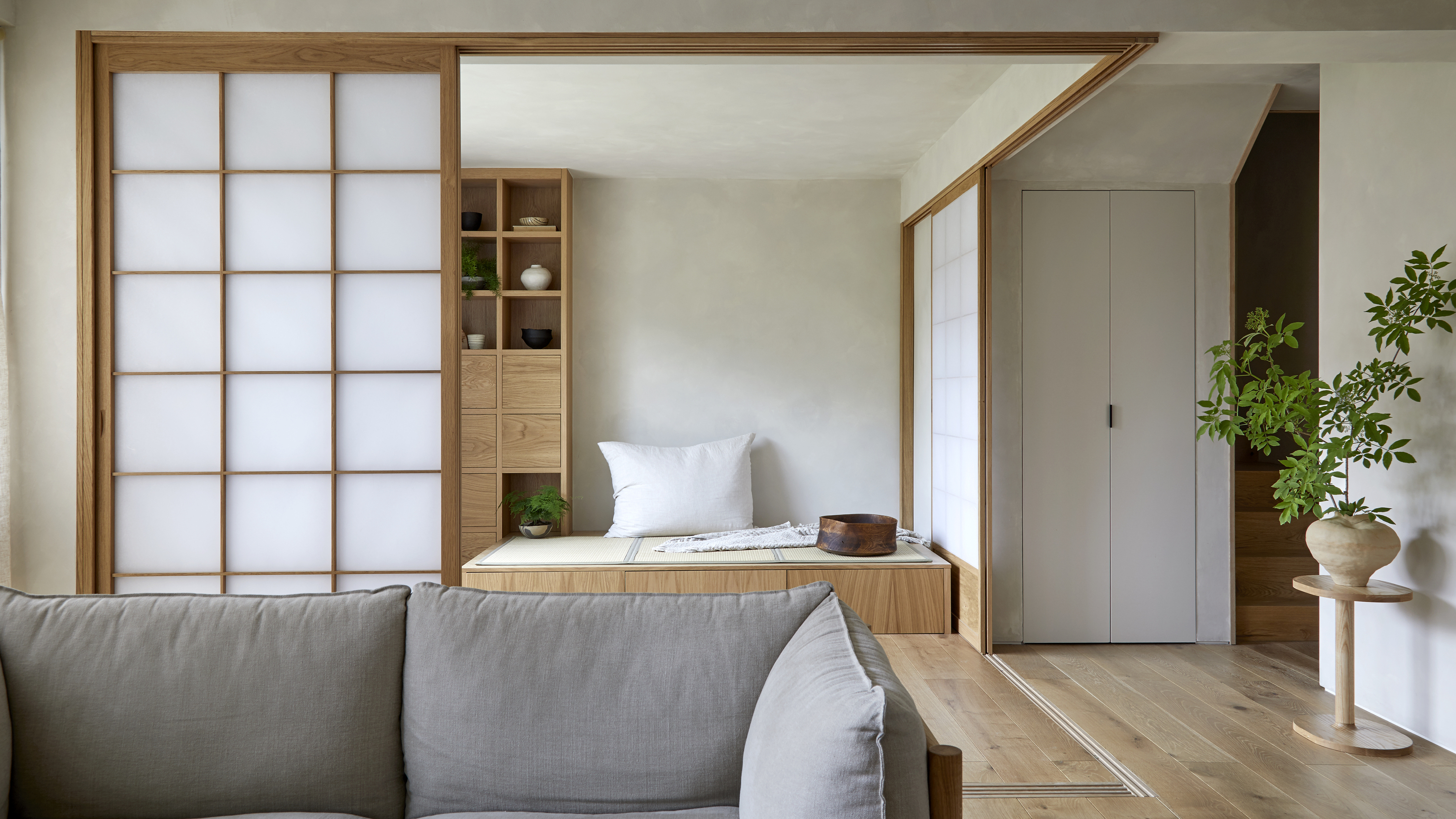 Muji Living Room Ideas — 5 Ways to Harness The Calming Qualities of This Japanese Design Style
Muji Living Room Ideas — 5 Ways to Harness The Calming Qualities of This Japanese Design StyleInspired by Japanese "zen" principles, Muji living rooms are all about cultivating a calming, tranquil space that nourishes the soul
By Lilith Hudson
-
 These Are the Dos and Don'ts of Bamboo Plant Placement — Follow This to Avoid Bad Feng Shui
These Are the Dos and Don'ts of Bamboo Plant Placement — Follow This to Avoid Bad Feng ShuiBy following the experts' guidance on where to place this houseplant you can usher luck, wealth, and prosperity into your home
By Lilith Hudson
-
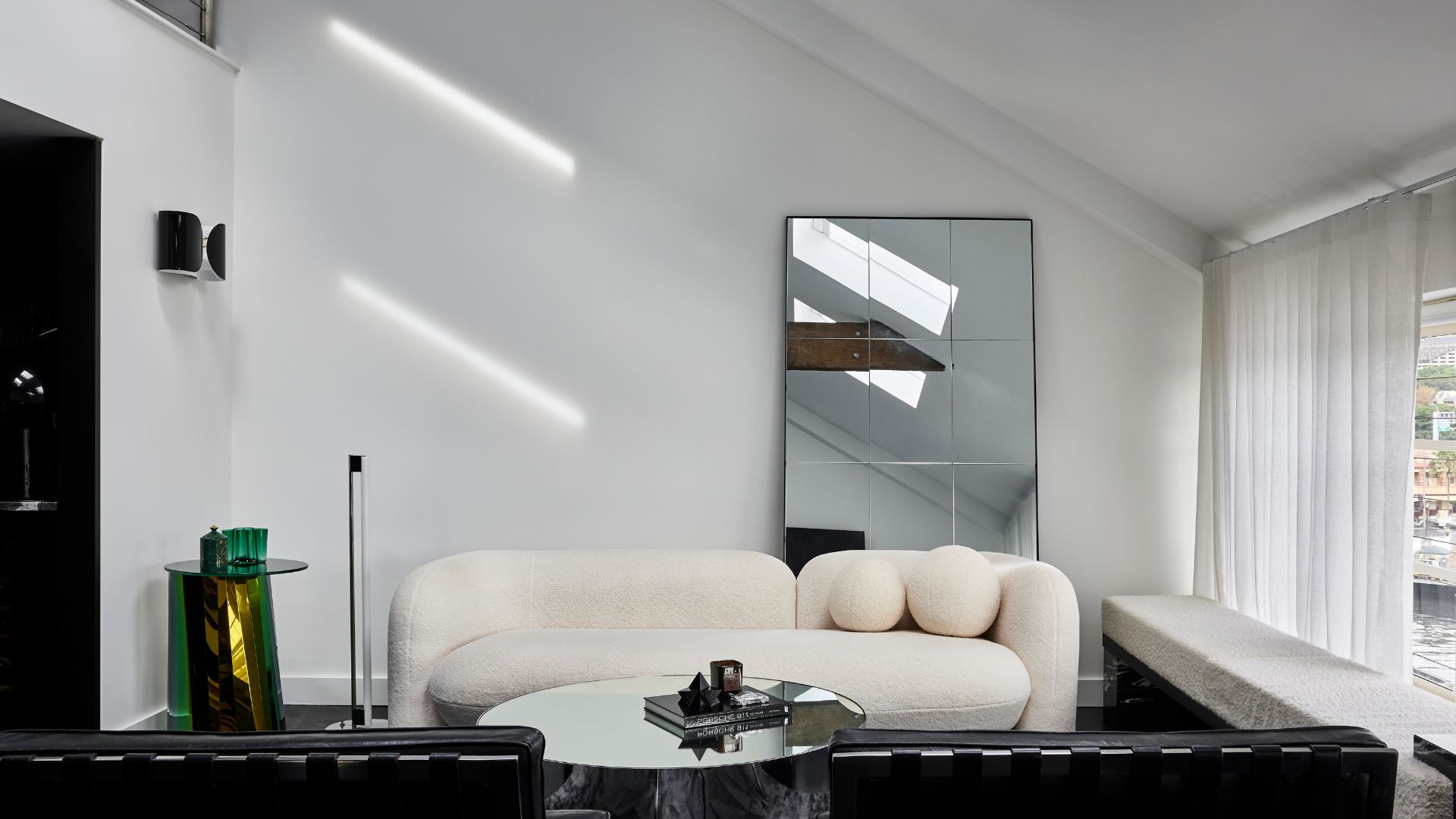 Is It Okay to Have a Mirror Facing a Door in Feng Shui? The Verdict Is In and It Just Might Surprise You
Is It Okay to Have a Mirror Facing a Door in Feng Shui? The Verdict Is In and It Just Might Surprise YouDecorating your home with mirrors calls for intention if you're dressing your space in accordance with Feng Shui. Here's what you should know.
By Amiya Baratan
-
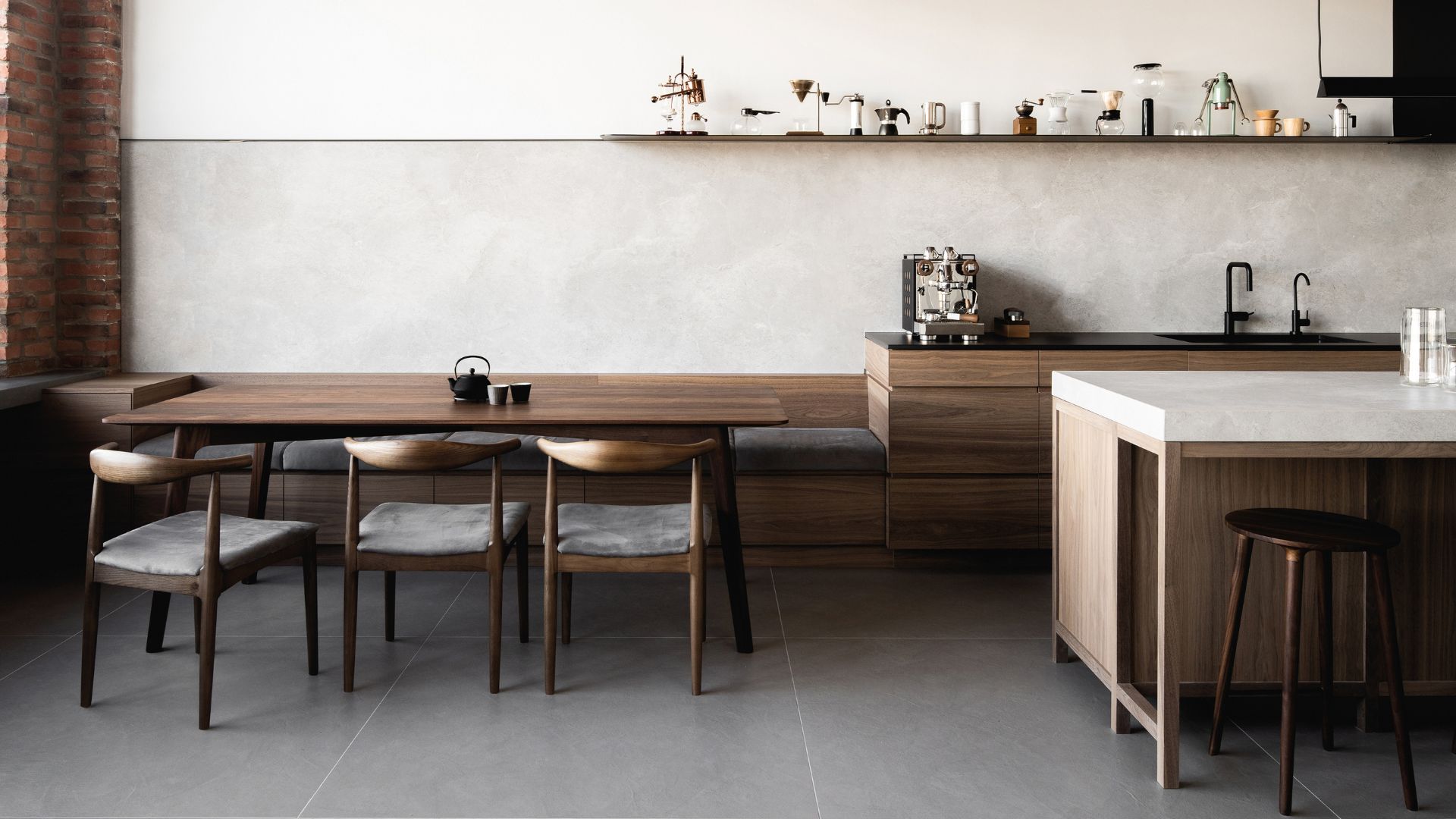 4 Things to Unpack as Soon as You Move House — For a Comfortable and Organized Fresh Start
4 Things to Unpack as Soon as You Move House — For a Comfortable and Organized Fresh StartIf you have a major move in the works and you're looking to prepare in advance, this is the starter kit you need to properly set up your new home.
By Amiya Baratan
-
 10 Decluttering Challenges to Have on Your Radar This Year — For a Tidier, More Mindful Home
10 Decluttering Challenges to Have on Your Radar This Year — For a Tidier, More Mindful HomeIf you're interested in transforming your home for the better, here are 10 decluttering challenges I recommend for a professionally tidy space.
By Amiya Baratan
-
 Biophilic Decluttering — What to Take Out of Your Home (and What to Put in) for a More Natural Home
Biophilic Decluttering — What to Take Out of Your Home (and What to Put in) for a More Natural HomeTry your hand at biophilic decluttering to ground your interiors, connect to the environment, and cure chronic clutter in one go. Here's how.
By Amiya Baratan
-
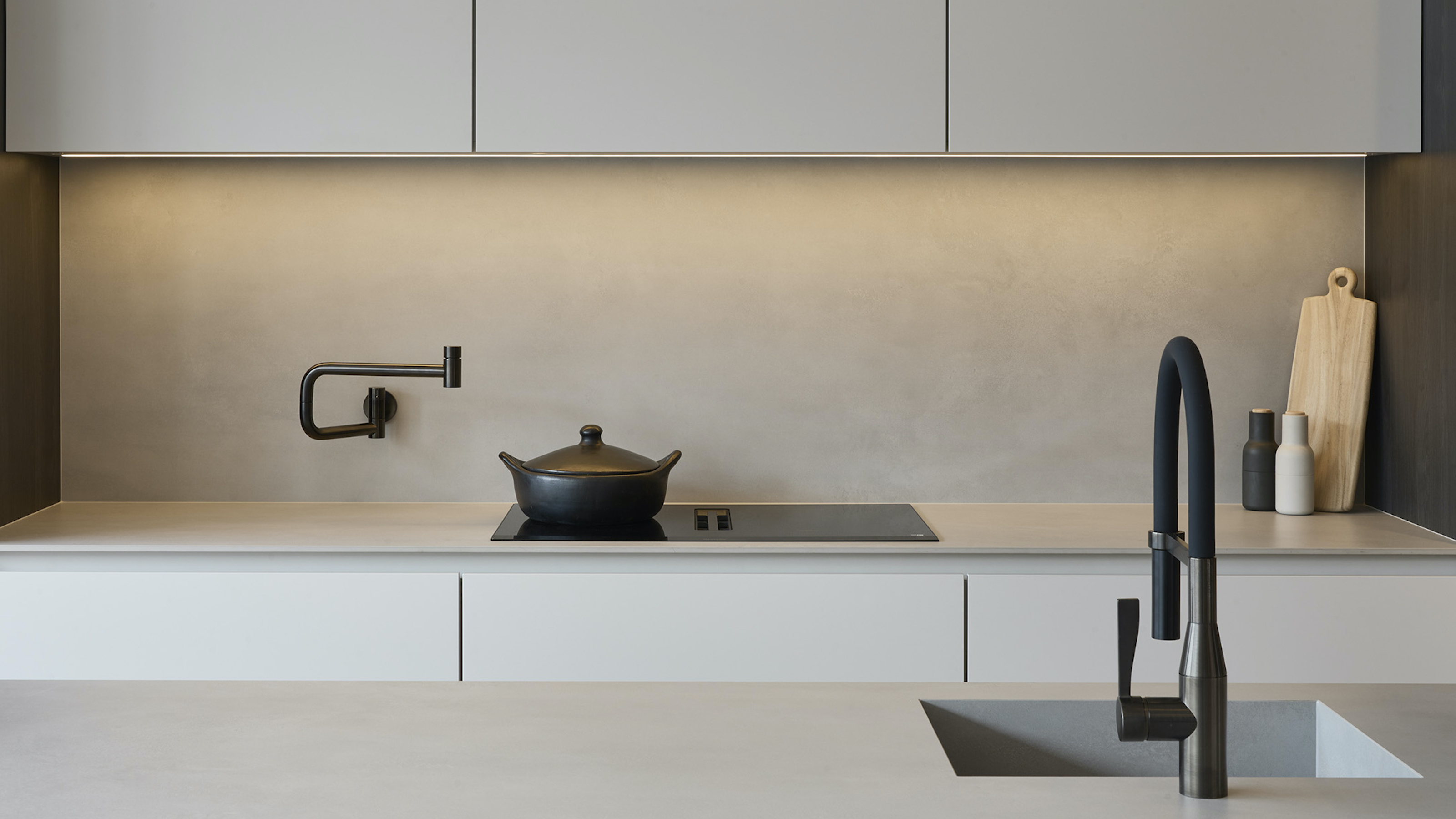 The 10 Different Types of Kitchen Taps — And the Pros and Cons of Each One to Know Before You Pick
The 10 Different Types of Kitchen Taps — And the Pros and Cons of Each One to Know Before You PickFrom sleek pull-outs to vintage bridge taps, explore 10 kitchen tap styles that mix function, flair, and a splash of cool
By Linda Clayton
-
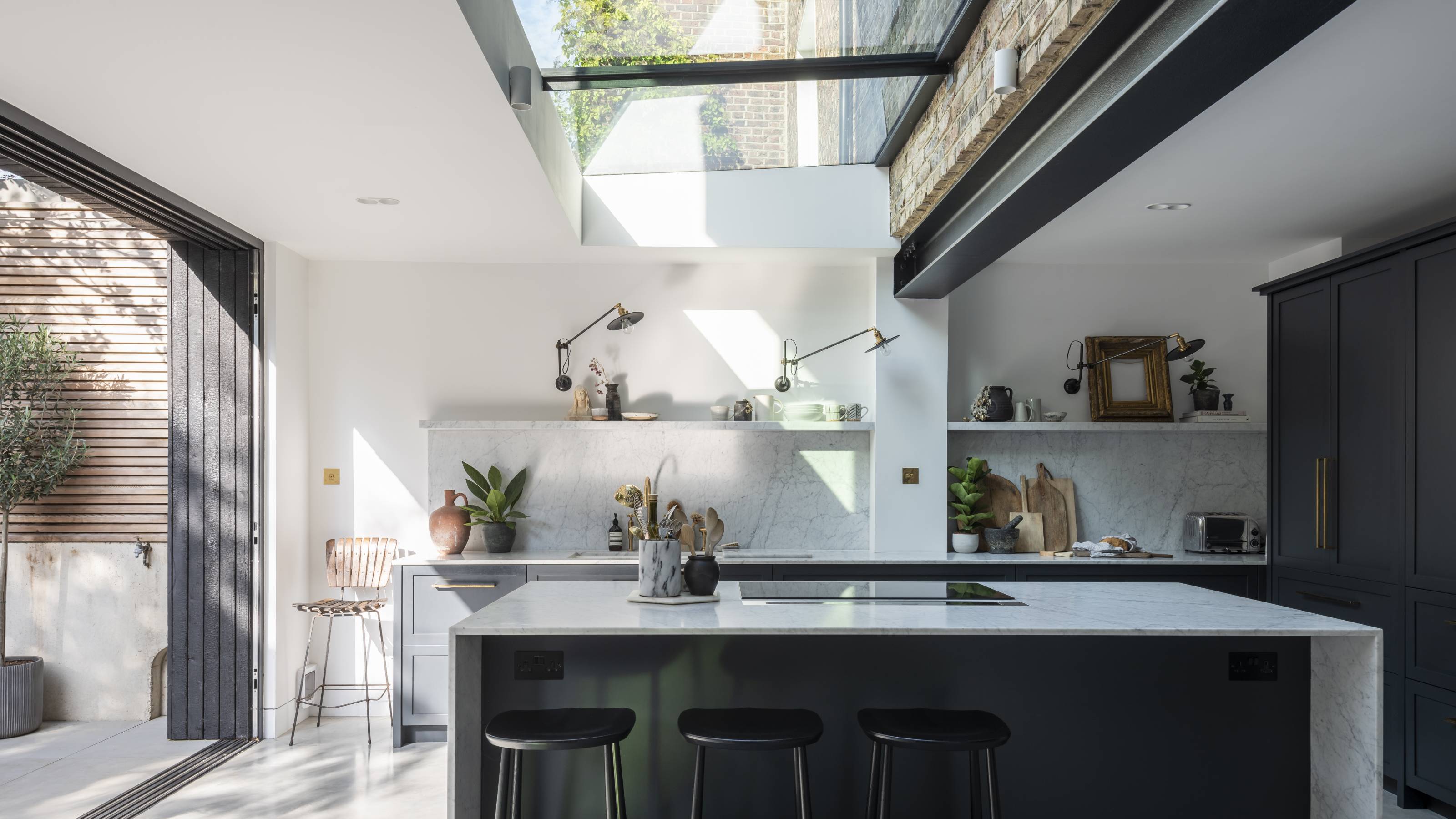 How Much Does an Extension Cost in 2025? Renovation and Design Experts Break Down Your Budget
How Much Does an Extension Cost in 2025? Renovation and Design Experts Break Down Your BudgetExplore how much different types of extensions cost in 2025 to budget for your project accurately
By Amy Reeves
-
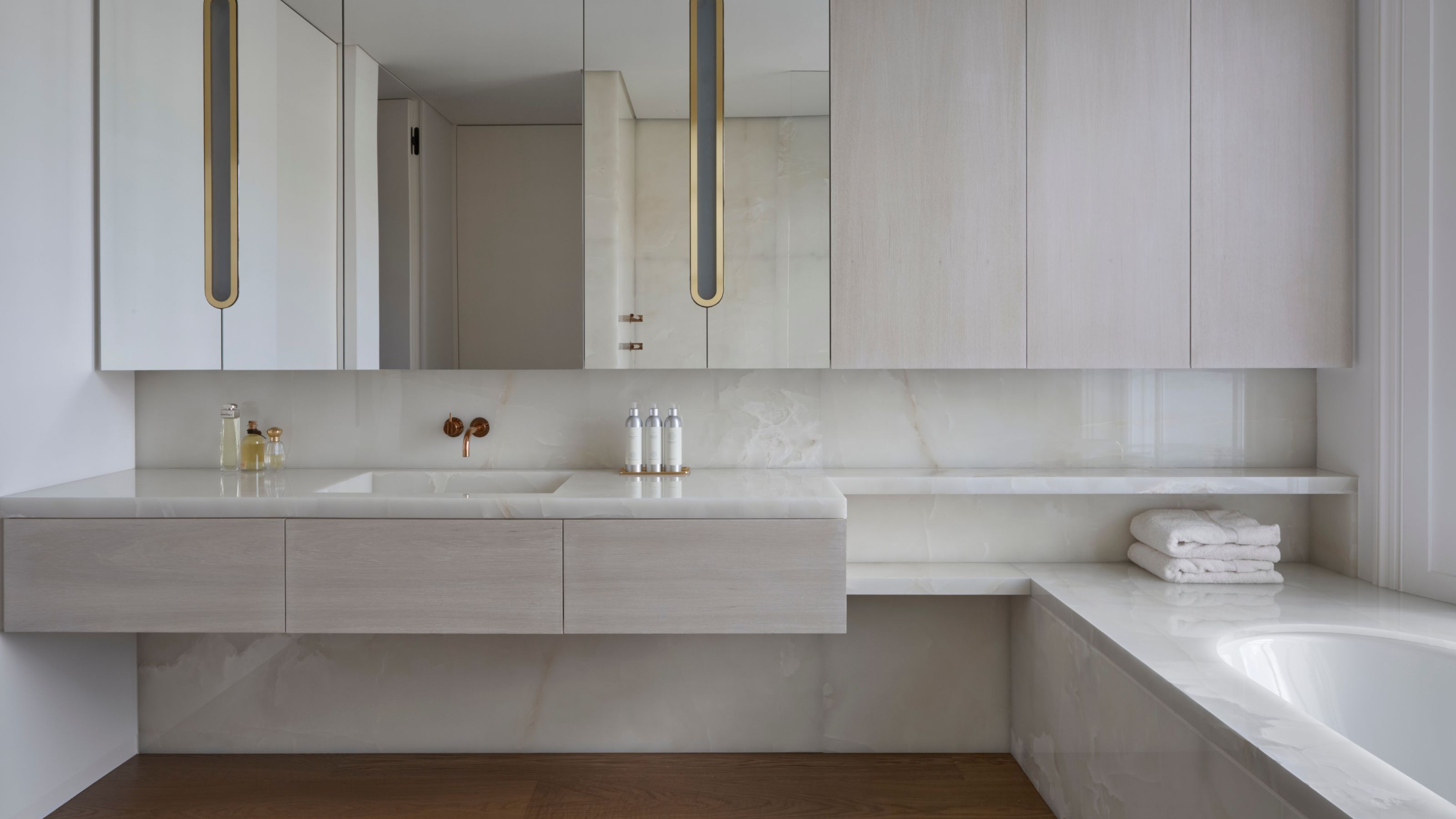 9 Bathroom Storage Mistakes You're Probably Making That Make Using This Space Much Harder — And What to Do Instead
9 Bathroom Storage Mistakes You're Probably Making That Make Using This Space Much Harder — And What to Do InsteadDiscover which mistakes are to blame for your overcrowded and cluttered bathroom
By Seraphina Kyprios
